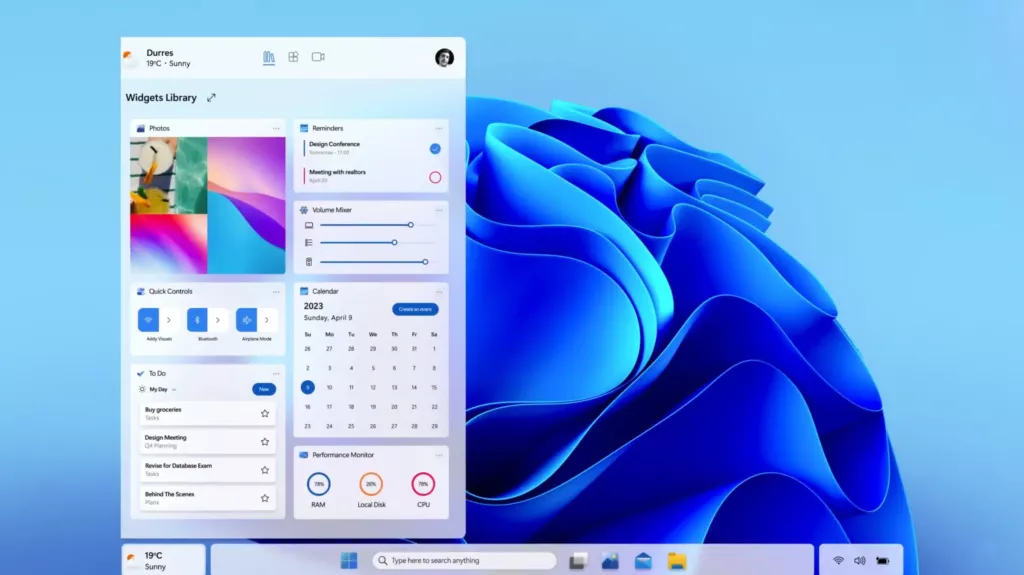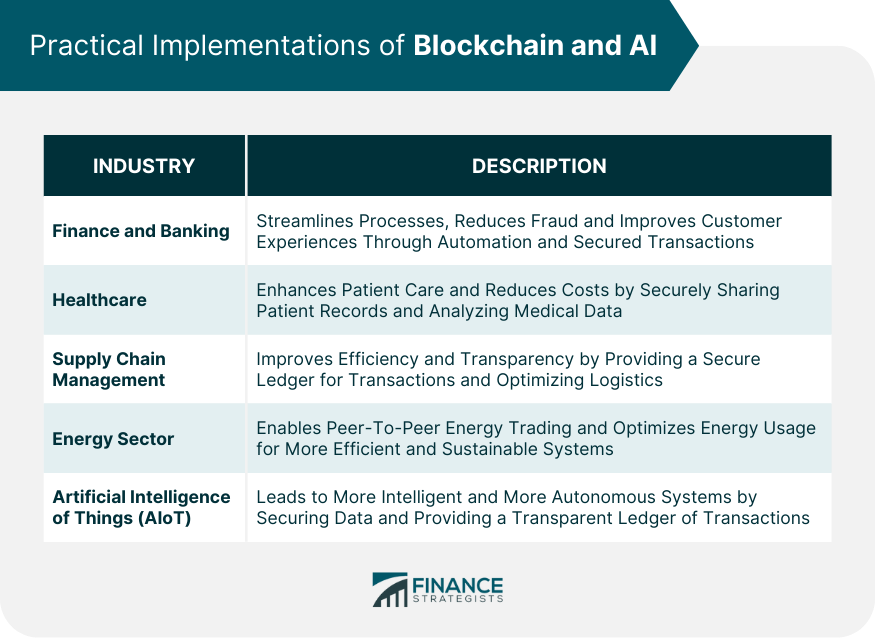/
Microsoft has taken a monumental leap forward with the release of Windows 11, introducing a suite of intelligent features and tools that are set to redefine the way we interact with personal computers. In this article, we will explore the top 5 AI-powered features of Windows 11 and delve into the potential advancements that OpenAI’s GPT 5 could bring to Windows 12. Get ready to witness the smartest operating systems ever created.
Windows 11: The Smartest Operating System
Windows 11 marks a significant advancement in the realm of operating systems, introducing a wide range of AI-powered features that enhance user productivity and efficiency. Microsoft has made great strides in integrating artificial intelligence into every aspect of the operating system, setting a new standard for intelligent computing.
Windows Copilot: Your Personal AI Assistant
At the core of Windows 11’s AI upgrade lies Windows Copilot, an integrated AI assistant designed to assist users with various tasks on their PCs. Accessible through a dedicated button on the taskbar, Copilot opens a sidebar that remains consistent across all apps and windows, providing users with personalized assistance, customization options, and seamless connectivity across their favorite applications.
Bing Chat Integration: Seamless Interaction with AI
Powering Windows Copilot is Bing Chat, an AI chatbot capable of answering questions and performing tasks using natural language processing. Users can interact with Copilot by typing or speaking into the chat box at the bottom of the sidebar. Bing Chat responds with relevant information or actions based on the content displayed on the screen, making AI interaction intuitive and user-friendly.
AI Plugin Support: Enhancing Productivity
Windows Copilot goes a step further by supporting AI extensions, enabling users to access features from third-party applications without leaving their current windows. This means tasks such as booking a flight, ordering food, sending emails, or playing music can be accomplished seamlessly within the Copilot interface. The plugin support feature bridges the gap between AI capabilities and third-party applications, enhancing productivity and streamlining workflows.
AI Tools for Developers: Powering Innovation
Microsoft empowers developers to create next-generation AI-powered applications on Windows 11 through its Azure Cloud platform and the Onyx runtime engine. Onyx, based on the Open Neural Network Exchange (ONNX) standard, enables machine learning models to run across different devices and platforms. By providing developers with the tools they need, Microsoft fosters innovation and opens up new possibilities for intelligent app development.
Artificial Intelligence in the Microsoft Store: Personalized Recommendations
The Microsoft Store undergoes a major AI overhaul in Windows 11, serving as the go-to destination for apps, games, movies, and more. The AI features in the store include a personalized recommendations engine that utilizes machine learning algorithms to suggest content aligned with users’ preferences and interests. By analyzing browsing and purchase history, Windows 11 enhances the shopping experience and tailors it to individual users.
The Future of Windows 12 with GPT 5 Integration
The collaboration between Microsoft and OpenAI holds tremendous potential for the future of Windows. With the integration of GPT 5 into Windows 12, the computing experience is poised to reach new heights. Let’s explore seven potential AI enhancements that could revolutionize the way we interact with computers.

AI-Optimized PC Performance: A Smarter Computing Experience
Windows 12 could feature enhanced AI communication between the operating system, BIOS code, and processor, leading to optimized PC performance. Imagine a computer that anticipates your actions and adjusts its performance accordingly, remaining cool, quiet, and ready for extended periods. This level of AI interaction could bring a new level of efficiency to computing.
AI Assistant for Future Planning: Revolutionizing Task Management
Imagine having an AI assistant that provides a summary of your upcoming daily schedule. This AI assistant could help you navigate through your day, providing agendas, highlighting important documents, and alerting you to potential issues based on past experiences. With integration into Outlook Copilot, users could schedule AI macros and ask queries to streamline repetitive tasks.
AI in Cybersecurity: Protecting Against Advanced Threats
The role of AI in cybersecurity becomes increasingly vital as it enhances defense mechanisms and mitigates new threats. AI-powered Microsoft Defender could evolve to counteract advanced AI-driven malware that attempts to exploit vulnerabilities. Microsoft is already taking steps in this direction with its Security Copilot, offering robust protection for enterprise customers.
AI-Enhanced Photo Editing: Unleashing Creativity
The potential of AI in photo editing is immense. Windows 12 could introduce native AI-powered capabilities, allowing users to command the Windows Photos app to transform photos into oil paintings or seamlessly crop objects. By combining generative AI art with existing photos, users could unlock new levels of creativity.
AI-Composed Emails: Streamlining Communication
Windows 12 could feature an AI-powered Outlook Copilot that allows users to dictate emails. Imagine instructing Windows to compose an apology email to a colleague, and it crafts and sends a thoughtful note on your behalf. This AI-powered email composition feature adds a new dimension to communication and saves valuable time.
File Explorer Searches Based on Relevance: Improved Efficiency
Artificial intelligence could revolutionize file organization in File Explorer. Instead of merely sorting files by date, name, or metadata, Windows 12 could utilize AI algorithms to prioritize relevance. For example, when working on a sales spreadsheet focusing on Latin America, File Explorer could intelligently surface the most pertinent files, streamlining productivity.

Enhanced Personalization: Tailoring Windows to Your Needs
Windows 12 could leverage AI to provide enhanced personalization options. Imagine a Windows that suggests lighthearted backgrounds on a gloomy day or reminds you of an upcoming birthday with a photo of you and a friend. Personal queries like “make my PC look happier” could prompt the AI to download an appropriate wallpaper or theme.
Windows 12: An Intelligent Companion
With the integration of GPT 5, Windows 12 could transcend its role as a mere operating system and become an intelligent companion. Leveraging user data and interaction history, Windows 12 could create an AI-powered digital surrogate, capable of interacting with humans and other digital surrogates. Windows 12 could revolutionize the way we work, learn, communicate, and navigate our digital lives.
Conclusion
Windows 11 has ushered in a new era of intelligent computing, incorporating AI-powered features that enhance productivity, streamline tasks, and provide personalized experiences. Looking ahead, the integration of OpenAI’s GPT 5 into Windows 12 holds immense promise, with potential advancements in PC performance, task management, cybersecurity, photo editing, file organization, personalization, and more. The future of Windows is set to be a smart and transformative one, empowering users with intelligent companionship and automation.



